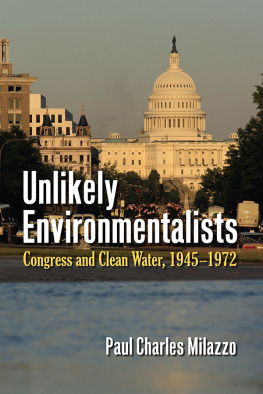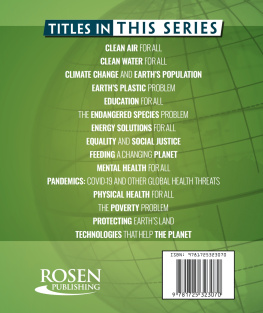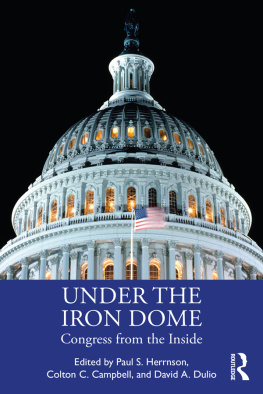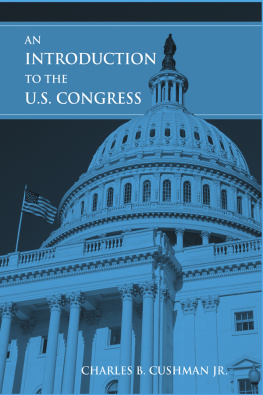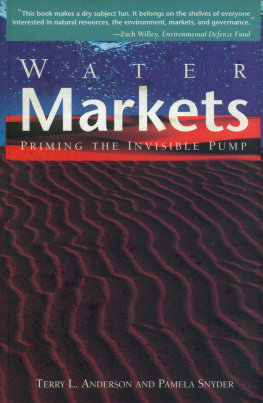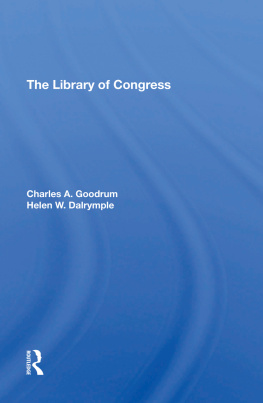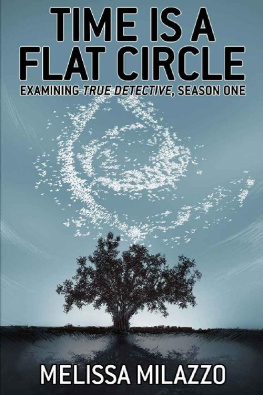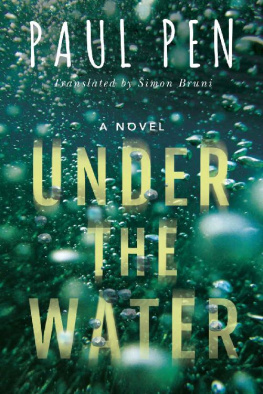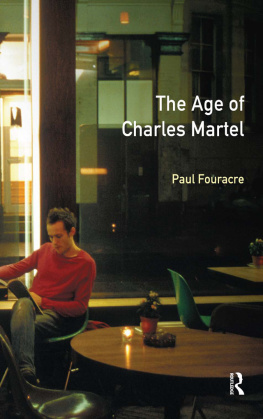Unlikely
Environmentalists
congress and
clean water,
19451972
Paul Charles Milazzo

University Press of Kansas
2006 by the University Press of Kansas
All rights reserved
Published by the University Press of Kansas (Lawrence, Kansas 66045 ), which was organized by the Kansas Board of Regents and is operated and funded by Emporia State University, Fort Hays State University, Kansas State University, Pittsburg State University, the University of Kansas, and Wichita State University
Library of Congress Cataloging-in-Publication Data
Milazzo, Paul Charles.
Unlikely environmentalists : Congress and clean water, 19451972 / Paul Charles Milazzo.
p. cm.
Includes bibliographical references and index.
isbn 978-0-7006-1475-3 (cloth : alk. paper)
isbn 978-0-7006-2238-2 (pbk. : alk. paper)
isbn 978-0-7006-2239-9 (ebook)
. Environmental protectionGovernment policyUnited StatesHistoryth century.. WaterPollutionLaw and legislationUnited StatesHistoryth century.. Environmental lawUnited States.. United States. Federal Water Pollution Control Act.. United States. Congress. I. Title.
ge180.m55 2006
363.73945097309045 dc 2006019964
British Library Cataloguing-in-Publication Data is available.
Printed in the United States of America
The paper used in this publication is recycled and contains percent postconsumer waste. It is acid free and meets the minimum requirements of the American National Standard for Permanence of Paper for Printed Library Materials Z.- 1992 .
preface
This book began as an effort to reinsert Congress into the post- 1945 political history of the United States. The body of historiography I encountered during graduate school focused almost exclusively on the presidency in matters of national policymaking. Adherents of the organizational synthesis, in particular, looked to the interest groups, experts, and bureaucrats who orbited the executive branch to explain why the federal government expanded the way it did during the twentieth century. Scholars like Steven Skowronek, Brian Balogh, and Theda Skocpol, who emphasized the contingent nature of modernization, usually depicted the legislative branch as an inveterate opponent, rather than a willing architect, of big government. If such top-down history marginalized Congress, however, the view was not much better from the bottom up. Historians who studied social movements or cultural experiences viewed legislative machinations as remote from and largely irrelevant to the authentic struggles of local people and communities.
To bring Congress back in to narratives of American political development, I searched for a policy area that fused top-down and bottom-up storylines and featured legislators as the first responders on the federal level. The environment was a perfect choice. The rise of the environmental regulatory state ranks as one of the most far-reaching transformations in American government since World War II. Grassroots activism and shifting cultural ideals helped bring about this change, particularly in the sixties and seventies, but I soon realized that Congress did more than just respond reflexively to the prevailing zeitgeist. Water pollution control policy provided a particularly useful case study in this regard, since, beginning in the fifties, legislators concern about national water quality both outpaced public concern and predated the environmental movement. As such, a congressional focus prompts us to reconsider the periodization of post-World War II environmental politics.
Likewise, paying heed to the institutional structure of the legislative branch can tell us something new about the substance of environmental policy and how it came to be. It is less important to know that the 1965 Water Quality Act became law during the Johnson administration or that the 1972 Clean Water Act did so during the Nixon years than it is to understand that both laws were the products of Congresss committee era. This, too, suggests a new periodizationbut that is not all. Historians like Julian Zelizer have underscored how standing committees and their powerful chairmen shaped important federal policies, like taxation, that fueled the growth of the modern American state. Beyond the power of the purse, Congresss internal structure and dynamic also determined why legislators played a more assertive role than did the executive branch in placing emerging policy priorities like pollution control on the national agenda.
As I came to discover, the institutional exigencies of the legislative branch often prescribed the ideas, interests, and values that informed environmental policy and law. As a consequence, the persons or organizations articulating them did not always conform to conventional wisdom about what constitutes an environmentalist. The title of this book, and the chapters to follow, indicate that the roots of environmental policy extended in multiple directions and drew inspiration from more varied sources than either political or environmental historians realized. Likewise, they suggest that practitioners in both fields will find richer stories to tell when Congress is given its due.
Much like J. R. R. Tolkien, I found that this tale grew in the telling. Along my way there and back again, I incurred many debts, which I gladly acknowledge here.
Christopher Beam and Elaine Ardia at the Edmund S. Muskie Archives and Special Collections Library helped me locate critical source materials and photographs. Richard Hunt and his staff at the National Archives Center for Legislative Archives uncovered many treasures, including ten untouched cartons jammed with the Senate Public Works Committees water pollution files. Their dedication to congressional research made my work easier and much more enjoyable. So, too, did Don Ritchie and Richard Baker in the Senate Historical Office, who patiently fielded my many queries. And House photo historian Fred Beuttler slogged through a daunting, unprocessed collection to find the visuals I requested.
Army Corps of Engineers historian Marty Reuss helped me track down manuscript collections and interviewees, answered questions, and even hired me as a research contractor. Char Miller and Adam Rome cheerfully encouraged my labors by editing essays or commenting on conference papers where I worked out some of the books main themes. Martin Melosi and Jeffrey Stine gave the initial manuscript a careful reading and offered many trenchant comments. Jeffrey also lent advice, secondary works from his personal library, and kind words of support that made the project less onerous.
It is impossible to study the post- 1945 Congress properly without talking to the dedicated staff members who kept it running. All the staffers I interviewed were forthcoming, generous with their time, and enthusiastic about telling their stories. I thank Jerry Sonosky, Leon Billings, Thomas Jorling, Don Nicoll, Theodore Schad (who, sadly, passed away in October 2005 ), Ron Linton, Lester Edelman, William Hildenbrand, and Barry Meyer for allowing a stranger into their homes and offices to answer questions about a bygone era. Barry Meyer was kind enough to lend me the official Senate history of the 1972 Clean Water Act, an invaluable bound volume that I delighted in using because it happened to be Senator Jennings Randolphs personal copy.
A fellowship with the University of Virginias Miller Center of Public Affairs supported my research. I want to thank Sid Milkis, Brian Balogh, and their staff (particularly Chi Lam) for their dedication in creating a community of young scholars who care about political and policy history. The connections I made there enlightened both mind and spirit. The late Hugh Davis Graham, my Miller Center mentor, proved every bit the gentleman he was reputed to be and made sure to introduce me to Fred Woodward, my editor at the University Press of Kansas. It was wonderful to work (alas, all too briefly) with a historian I admired so much. Among the constellation of academic stars affiliated with the Miller Center and the
 University Press of Kansas
University Press of Kansas
